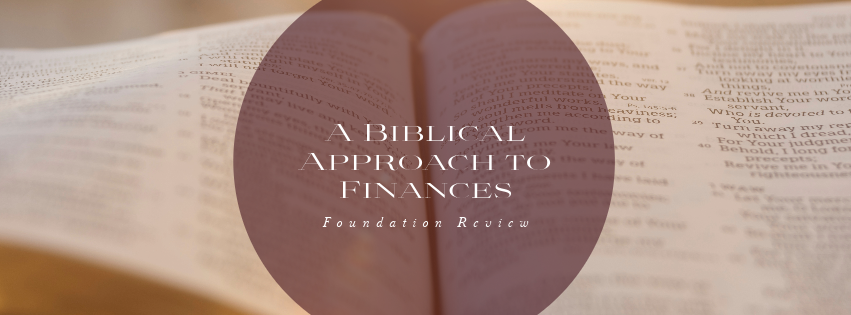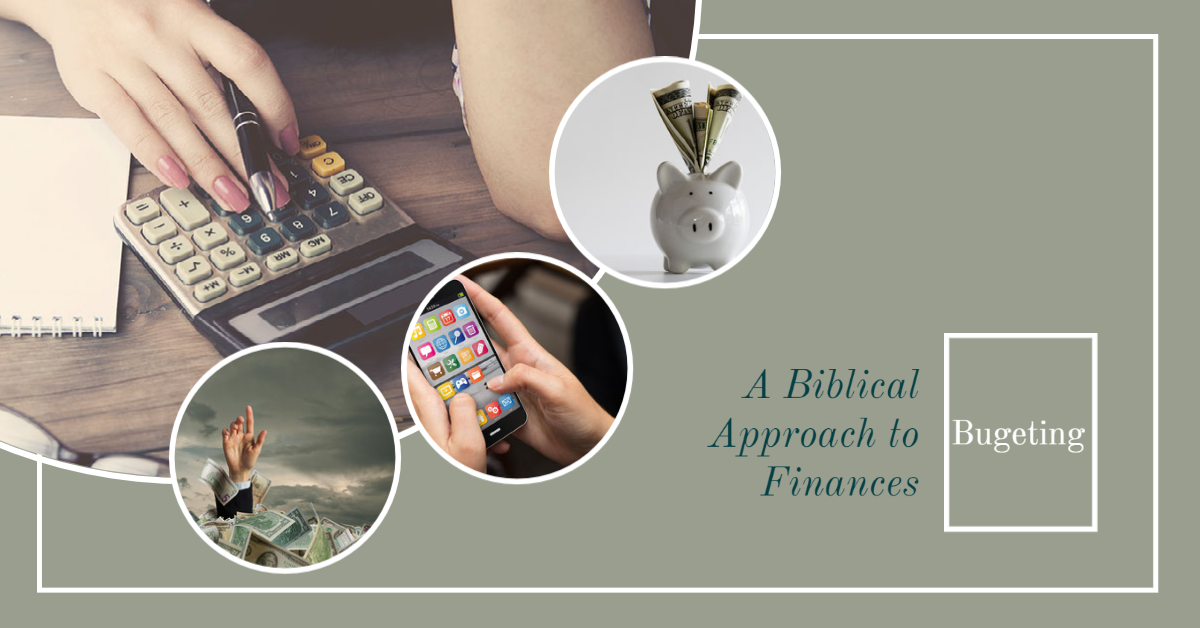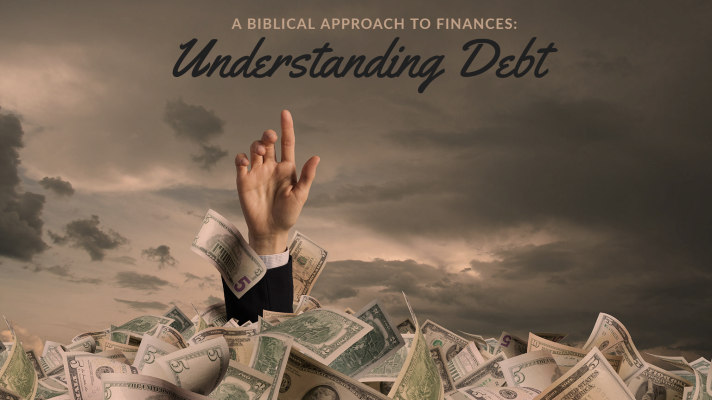After spending several months going over how our attitude should be about our finances, there were two months focusing on budgeting -- budgeting basics and understanding debt. This month, we're going to briefly review those two blogs in case you missed them.
Check out the first section review here:

Budgeting Basics
The idea of budgeting can be daunting. However, our goal is to make it as simple as possible. Being able to successfully budget is essential to getting on the right track financially. There are 4 factors that go into budgeting:
Defining our limits
"For which of you, desiring the build a tower, does not first sit down and count the cost, whether he has enough to complete it? Otherwise, when he has laid a foundation and is not able to finish, all who see it begin to mock him, saying, 'This man began to build and was not able to finish.'" - Luke 14:28-30
The first step when budgeting is understanding where you're currently at. Ask yourself: how much money are you making? What are some of your spending habits. The key is to be honest with yourself! You need to figure out how much you are actually spending on different things – for example, if you're an avid Starbucks drinker, are you really only going to spend $10/week for coffee?

Requires discipline
After we've defined our limits, we need to actually stay disciplined. Here are some verses talking about self-control/discipline:
"The end of all things is at hand; therefore be self-controlled and sober-minded for the sake of your prayers." - 1 Peter 4:7
"A man without self-control is like a city broken into and left without walls." - Proverbs 25:28
It takes more than just creating a budget to have financial success. You need to be willing to actually follow the budget! It seems self-explanatory, but so many people have a hard time staying disciplined because it takes some sacrifices.
Spend less than we earn
Crazy concept, I know! While it's obvious that to be financially successful you need to spend less than we earn, it's easier said than done.
If you break down where you're currently at with your spending, are you spending more than you earn right now? If you are, what are some areas you can spend less in?
Record all spending
The last factor that ties everything together is you have to record every single purchase. Even if you're only spending $1, those purchases can add up quickly. Check out the full article where I compare budgeting to dieting:

The app I use to track everything is FaithFi – a Christian app that uses a digital envelop system. This connects directly to my credit cards and bank account so all I have to do is categorize the purchases as they come in.
Understanding Debt
When talking about budgeting basics, a big factor was spending less than you earn. If you're currently spending more than you earn, you're racking up debt, which we want to avoid when trying to honor God with our finances.
I'm only going to briefly discuss some of this article, so make sure you check out the full thing here:

Since we're tying our finances into what the Bible says, it's important to understand that God does not forbit debt, but He does point out how dangerous it can be. The problem arises when we are living on debt. When we are living on debt, it means we aren't trusting God to provide for us – we're trying to live beyond our means. Here are some verses on that:
"It is better that you should not vow than that you should vow and not pay." -Ecclesiastes 5:5
"The wicked borrows but does not pay back, but the righteous is generous and gives." -Psalm 37:21
Sometimes it can be difficult to compare what other people are buying (nice houses, fancy cars, expensive vacations, etc.) and want the same things. We need to stop focusing on what others have and worry about our own work and finances. This goes back to contentment. Here's just one verse talking about comparison:
"You shall not covet your neighbor's house; you shall not covet your neighbor's wife, or his male servant, or his female servant, or his ox, or his donkey, or anything that is your neighbor's" -Exodus 20:17

To wrap up talking about debt, here are the 3 main types of debt and practical rules to follow to take control of your finances:
Credit Card Debt
While credit cards can be helpful in building your credit (while sometimes also getting cash back rewards), they can get a lot of people in trouble. Here are two rules to follow when using credit cards:
- Do not charge something unless you already have the money to pay for it.
- The first time you cannot pay in full, cut up the credit card!
It's likely to snowball into something worse, so better to cut it off right when it starts to get bad. You don't want to continue to rack up more debt and then have to pay the interest too.
Car Debt
People tend to take out car loans because they think it is "essential" for traveling to/from work. While the car is essential, the debt is not essential! Here are some rules to follow when purchasing a car:
- Buy what you can afford
- Pay cash – then you won't have to worry about interest
[Note: If you can't pay in full, make sure you know for sure how much per MONTH you can afford, including WITH interest! Don't let the car salesmen fool you!]
Home Debt
Home debt is a little more complicated than the other two forms of debt. Check out the full blog for the seven things to keep in mind with home debt and tips for refinancing a home:

Eradicating Debt
While this is already a lot of information, I want to wrap up this blog quickly reviewing how to get out of debt if you are currently in debt. It won't be easy, and it'll require you to change habits in your life.
The concept is simple, you either need to increase your income or decrease your spending. Actually doing one of these (or both) is more difficult. Start by taking a look at your full budget (if you don't have one, now is a good time to figure out how much you are spending and on what). To decrease your spending, look at things you don't need like going out to eat, activities with friends, etc. If you can't decrease your spending enough, you can consider increasing your income by getting another job, starting a side-gig, selling stuff you don’t need, etc.
At the end of the article, there are some worksheets that will help you start to break down your spending. If you'd like more personalized help with your financial situation, contact me and I can help get you in touch with a financial advisor for FREE financial assistance.





